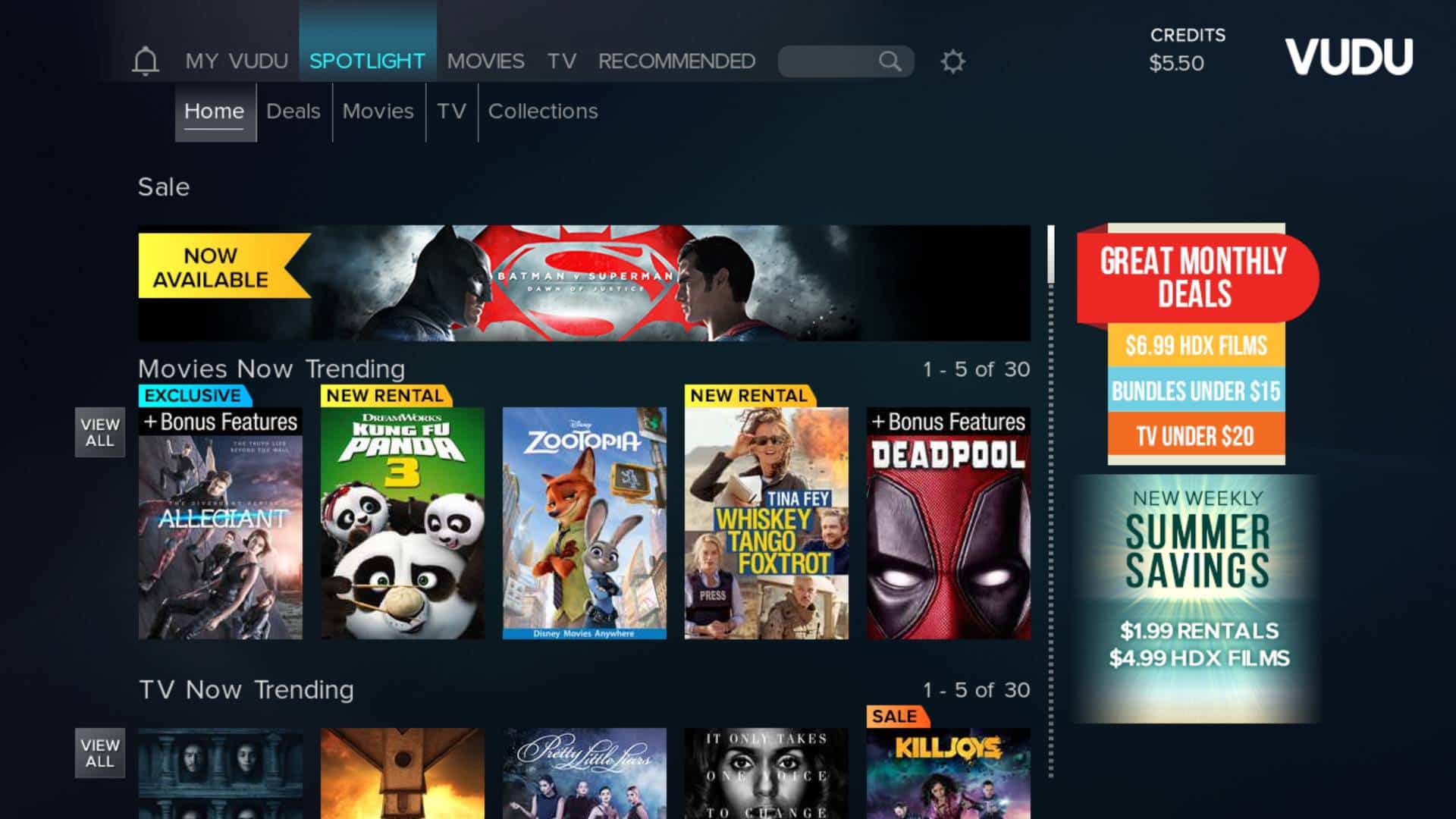In an era dominated by streaming giants and evolving digital landscapes, has Vudu, now known as Fandango at Home, lost its competitive edge? The convergence of new 4K releases from Apple and the expansion of services like Disney+, HBO Max, and NBCUniversal pose a significant challenge to Vudu's long-term viability.
The online entertainment world has witnessed a seismic shift in recent years. Streaming services are vying for dominance, offering a dizzying array of content, from classic films to the latest television series. Vudu, originally launched as a digital video service, entered this arena with a unique value proposition, allowing users to purchase or rent movies and TV shows. However, the landscape has become intensely competitive. With the emergence of subscription-based platforms and the aggressive push for 4K content, questions regarding Vudus future and the incentive for its users to stay loyal are emerging. Reports indicate that Walmart, the parent company of Vudu, has been exploring the possibility of a sale. This, combined with the increasing preference for subscription models and the rising prominence of services such as Disney+, NBCUniversal, and HBO Max, intensifies the scrutiny on Vudu's sustainability.
| Platform Overview | Vudu |
| Current Name | Fandango at Home |
| Original Parent Company | Walmart |
| Service Type | Digital Video Store |
| Primary Functionality | Purchase and Rental of Movies and TV Shows |
| Key Features |
|
| Competitors |
|
| Market Trends Impacting Vudu |
|
A fundamental question arises: With the evolving market dynamics, what compels users to remain with Vudu? One aspect that once distinguished Vudu was its disc-to-digital conversion option. This feature allowed users to convert physical copies of movies into digital versions, providing flexibility in how they consumed their content. However, reports indicate that this feature might no longer be universally available, leading to questions about its long-term viability.
Beyond the immediate technicalities, the broader trends in the entertainment market must be considered. The rise of subscription services like Netflix, Disney+, and others has significantly altered consumer behavior. Users are increasingly drawn to all-you-can-eat models, where a monthly fee grants access to a vast library of content. This shift favors services with extensive catalogs and original programming, putting pressure on platforms like Vudu that primarily offer individual purchases and rentals.
The availability of 4K content is another critical factor. As technology advances, consumers are increasingly seeking the highest possible visual quality. Apple, in particular, has been aggressively releasing 4K versions of its films, creating a significant draw for users. The ability to upgrade SD versions of movies to HDX for a few dollars, if available, raises another important question of how the platform continues to cater to the evolving needs and expectations of its user base. The platform would need to have a flexible plan for upgrading the quality of the content.
There are also several technical issues that users are facing, such as issues with gift cards. Virtual cards not being applied to the balance, and difficulties in tracking purchase history, have the potential to generate user frustration. These inconveniences, although individually minor, can collectively contribute to a negative user experience, prompting customers to shift towards other platforms.
Furthermore, the very name "Vudu" is undergoing a transition. In the coming weeks, the service will be rebranded as "Fandango at Home." While the company insists that this change is designed to align its products and reinforce Fandango's position in the entertainment space, this rebranding raises concerns about the platform's identity and its ability to stand out in a crowded market. The platform must address users' concerns, whether they are related to technical issues, content offerings, or the overall value proposition.
The rise of platforms like Disney+ that have a wide range of content and original programs could make it difficult for Vudu to maintain its position in the market. Vudu, on the other hand, needs to make sure that the platform remains an appealing option for users. This will involve maintaining a substantial library, offering competitive pricing, and ensuring a seamless user experience.
The content available on these platforms also varies considerably. Some services specialize in specific genres or demographics, whereas others offer a broader range. Vudu's success will rely on its ability to curate an attractive library, to meet demand, and ensure that they get the experience they are looking for. This goes beyond just the content and involves user interface, customer service, and technical features.
In this shifting landscape, the question of Vudu's future is not merely a technical one. It is tied to its strategic decisions. Whether the platform opts to refine its current model, explore alternative revenue streams, or consider partnerships or a potential sale, will all have a profound impact on its place in the entertainment industry.
The entertainment industry is undergoing a revolution, and Vudu must navigate these shifting currents to secure its place. The platform has to consider its value proposition, address technical concerns, and evaluate the role of its core features in the digital future to remain relevant and provide value to its users.


